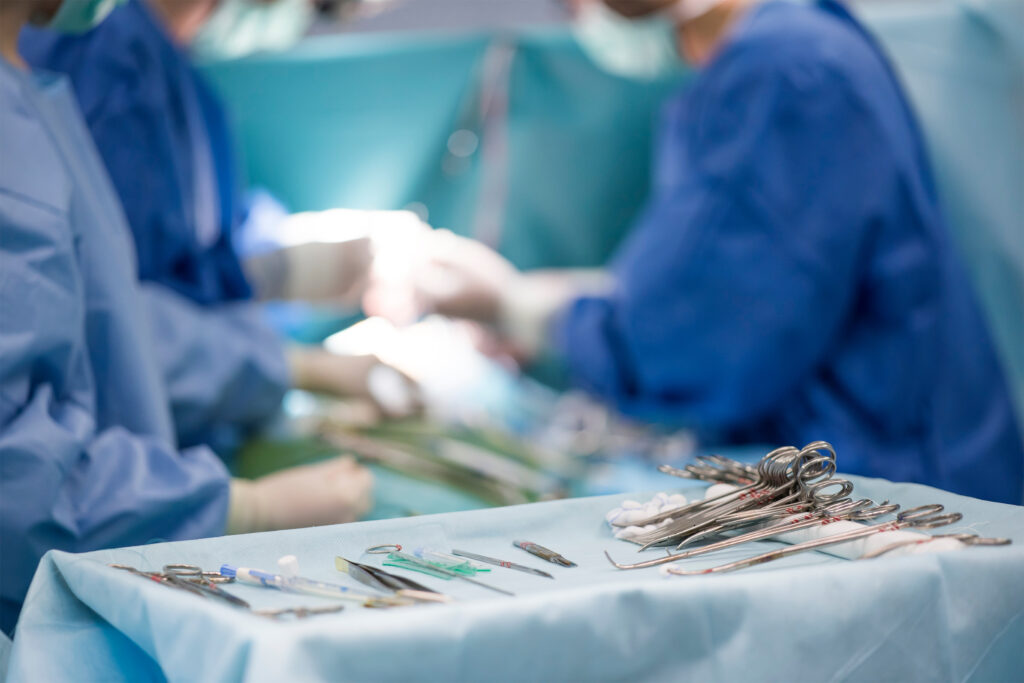
Dog Spay & Neuter
Spaying and neutering are essential procedures for ensuring the health and well-being of your dog, as well as addressing the larger issue of pet overpopulation. Here’s why these surgeries are important and why you should consider them for your pet:
Health Benefits:
- Neutered pets tend to live 40% longer than unneutered ones, as reported by the ASPCA. For female dogs, spaying significantly reduces the risk of developing mammary tumors (breast cancer) and pyometra (a severe uterine infection) later in life.
- Male dogs are prone to prostate disease, perianal tumors, and testicular tumors as they age. Neutering can prevent or reduce the risk of these health issues.
- Unneutered male dogs are more likely to exhibit behavior problems such as aggression, running away, or urinating in the house. Behavior-related euthanasia is sadly common in the U.S., and neutering can help mitigate these issues.
- Intact males have a higher tendency to roam, which increases their risk of injuries from automobiles, dogfights, and exposure to contagious diseases.
Overpopulation Control:
- Millions of puppies are euthanized each year in the U.S. due to overpopulation. Spaying and neutering your pet helps prevent unwanted litters, reducing the strain on animal shelters and preventing unnecessary euthanasia.
- By spaying or neutering your dog, you’re taking a responsible step to help curb pet overpopulation and promote responsible pet ownership.
Financial Considerations:
- If cost is a concern, saving just $20-30 per week from the time you get your puppy until they are 6-12 months old can cover the cost of the surgery. It’s a small investment in your pet’s long-term health and well-being.
- The surgeries, spaying (removal of the ovaries and uterus) for females and castration (removal of the testicles) for males, are typically recommended when your pet reaches 6-12 months of age. However, the timing may vary based on your veterinarian’s recommendation and your pet’s individual circumstances.
Additional Procedures:
- While your pet is under anesthesia for spaying or neutering, other minor procedures can be performed, such as removing retained baby teeth, applying dental sealant (SANOS), or implanting a microchip for identification.
Overall, spaying and neutering your dog not only contribute to their health and happiness but also play a crucial role in addressing the broader issue of pet overpopulation. By opting for these procedures, you’re making a positive impact on your pet’s life and the welfare of animals in your community.
Explore Our Complete List of Veterinary Services in Menomonee Falls
- Grooming Services
- Wellness Plans
- CT Scan
- Rabbits
- Guinea Pigs
- Ferrets
- Exotic Diagnostic Imaging
- Exotic Boarding
- Wing Clipping
- Bird Wellness Appointments
- Bird Nutrition
- Bearded Dragons
- Bird Identification
- Dog Surgery
- Dog Senior Wellness
- Puppy Care
- Dog Microchipping
- Dog Laparoscopic Surgery
- Dog Flea & Tick
- Dog Diagnostic Imaging
- Dog Dental
- Kitten Care
- Kitten Behavior & Socialization
- Cat Vaccines
- Cat Surgery
- Cat Spay & Neuter
- Cat Nutrition
- Cat Heartworm
- Cat Flea & Tick
- Cat Diagnostic Imaging
- Cat Intestinal Parasites
- Cat Dental
- Pharmacy
- Dental Care
- Surgery
- Laser Therapy
- Advanced Diagnostic Imaging for Pets
